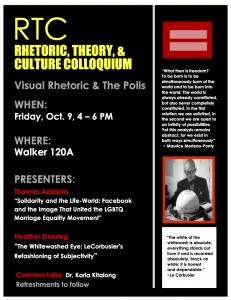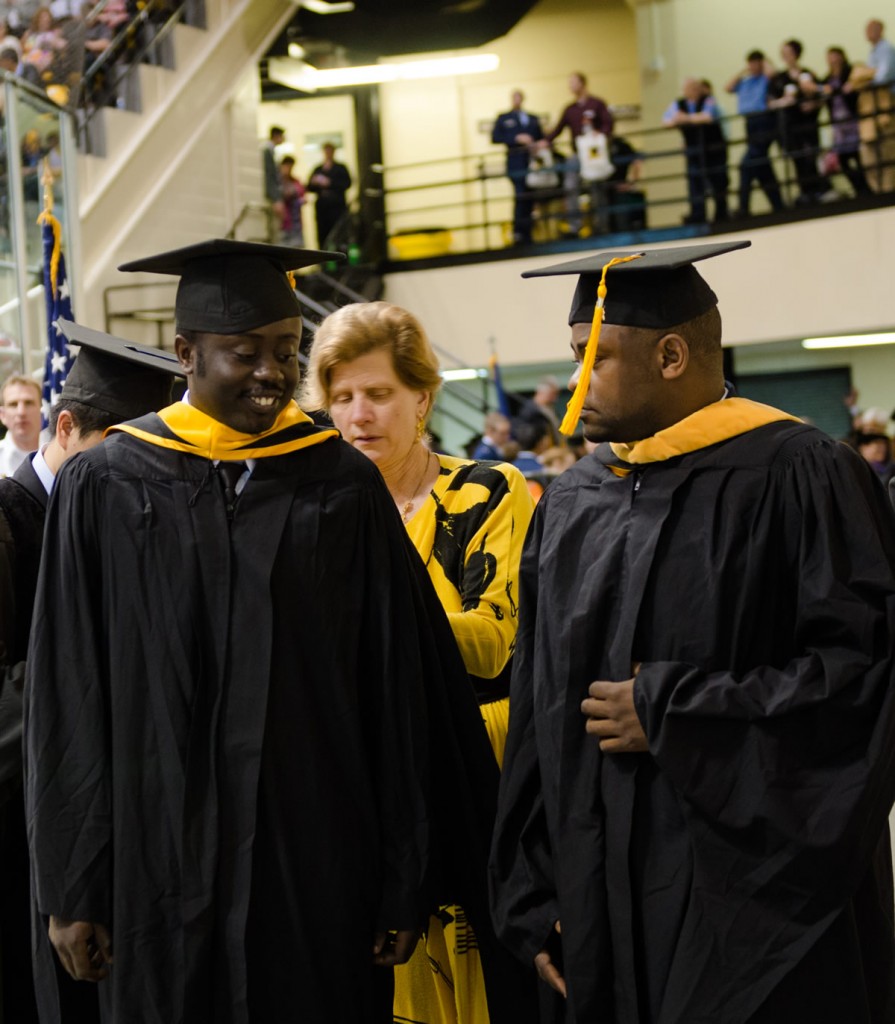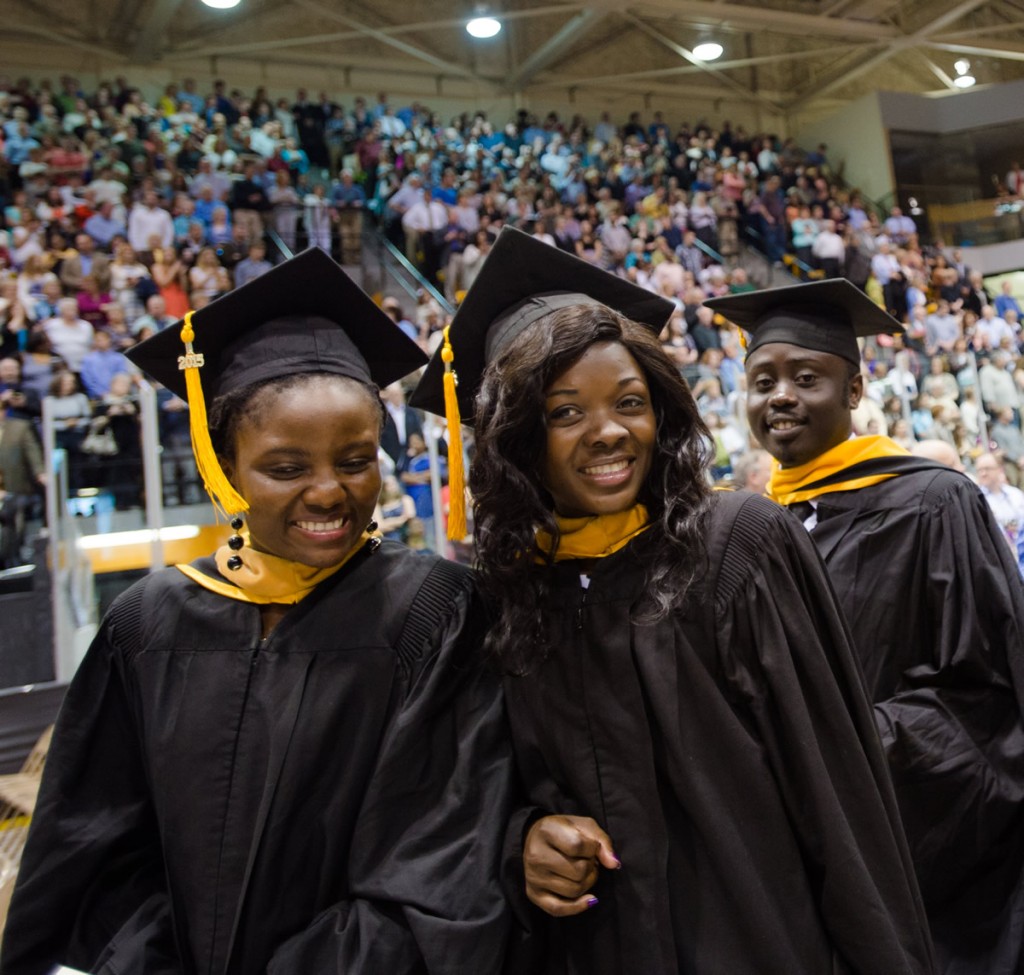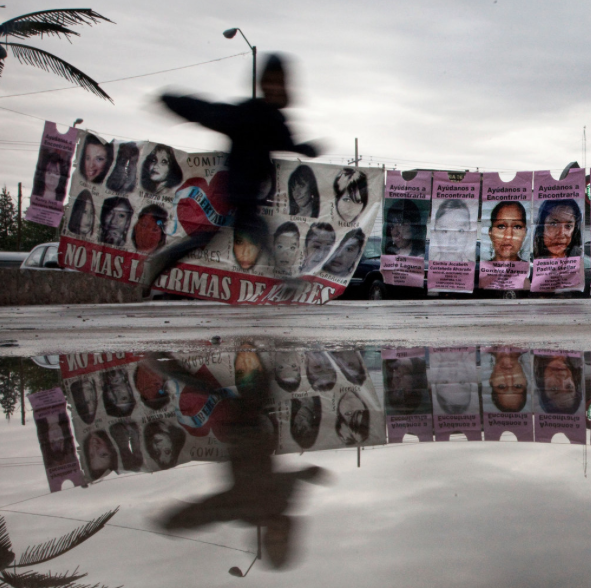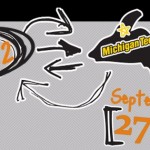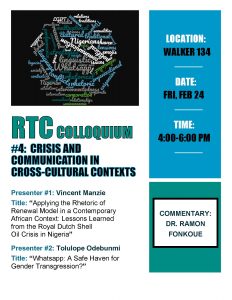 The Department of Humanities is pleased to announce a Rhetoric, Theory and Culture Colloquium to be held on Friday, February 24 titled “Crisis and Communication in Cross-Cultural Contexts.” RTC student Vincent Manzie will first present his talk “Applying the Rhetoric of Renewal Model in a Contemporary African Context: Lessons Learned from the Royal Dutch Shell Oil Crisis in Nigeria” followed by RTC student Tolulope Odebunmi presenting “Whatsapp: A Safe Haven for Gender Transgression?” Ramon Fonkoué will be providing commentary to the presenters.
The Department of Humanities is pleased to announce a Rhetoric, Theory and Culture Colloquium to be held on Friday, February 24 titled “Crisis and Communication in Cross-Cultural Contexts.” RTC student Vincent Manzie will first present his talk “Applying the Rhetoric of Renewal Model in a Contemporary African Context: Lessons Learned from the Royal Dutch Shell Oil Crisis in Nigeria” followed by RTC student Tolulope Odebunmi presenting “Whatsapp: A Safe Haven for Gender Transgression?” Ramon Fonkoué will be providing commentary to the presenters.
Please join us 4 p.m. Friday, February 24 in Walker 134.
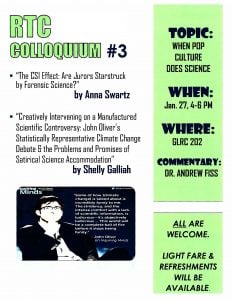 The Department of Humanities is pleased to announce a Rhetoric, Theory and Culture Colloquium to be held on Friday, January 27 titled “When Pop Culture Does Science.” RTC student Anna Swartz will first present her talk “The CSI Effect: Are Jurors Starstruck by Forensic Science?” followed by RTC student Shelly Galliah presenting “Creatively Intervening on a Manufactured Scientific Controversy: John Oliver’s Statistically Representative Climate Change Debate & the Problems and Promises of Satirical Science Accommodation.” Andrew Fiss will be providing commentary to the presenters.
The Department of Humanities is pleased to announce a Rhetoric, Theory and Culture Colloquium to be held on Friday, January 27 titled “When Pop Culture Does Science.” RTC student Anna Swartz will first present her talk “The CSI Effect: Are Jurors Starstruck by Forensic Science?” followed by RTC student Shelly Galliah presenting “Creatively Intervening on a Manufactured Scientific Controversy: John Oliver’s Statistically Representative Climate Change Debate & the Problems and Promises of Satirical Science Accommodation.” Andrew Fiss will be providing commentary to the presenters.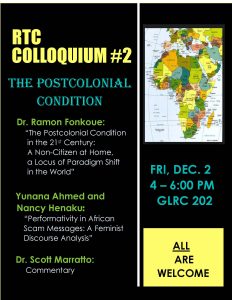 The Department of Humanities is pleased to announce a Rhetoric, Theory and Culture Colloquium to be held on Friday, December 2 titled “The Postcolonial Condition.” Associate professor of French and cultural studies, Ramon Fonkoué will first present his talk “The Postcolonial Condition in the 21st Century: A Non-Citizen at Home, a Locus of Paradigm Shift in the World” followed by RTC students Yunana Ahmed and Nancy Henaku presenting “Performativity in African Scam Messages: A Feminist Discourse Analysis.” Scott Marratto will be providing commentary to the presenters.
The Department of Humanities is pleased to announce a Rhetoric, Theory and Culture Colloquium to be held on Friday, December 2 titled “The Postcolonial Condition.” Associate professor of French and cultural studies, Ramon Fonkoué will first present his talk “The Postcolonial Condition in the 21st Century: A Non-Citizen at Home, a Locus of Paradigm Shift in the World” followed by RTC students Yunana Ahmed and Nancy Henaku presenting “Performativity in African Scam Messages: A Feminist Discourse Analysis.” Scott Marratto will be providing commentary to the presenters.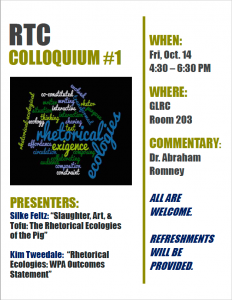 The Department of Humanities is pleased to announce a Rhetoric, Theory and Culture Colloquium to be held on Friday, October 14. RTC student Silke Feltz will first present her talk “Slaughter, Art, & Tofu: The Rhetorical Ecologies of the Pig” followed by RTC student Kim Tweedale presenting “Rhetorical Ecologies: WPA Outcomes Statement.” Abraham Romney will be providing commentary to the presenters.
The Department of Humanities is pleased to announce a Rhetoric, Theory and Culture Colloquium to be held on Friday, October 14. RTC student Silke Feltz will first present her talk “Slaughter, Art, & Tofu: The Rhetorical Ecologies of the Pig” followed by RTC student Kim Tweedale presenting “Rhetorical Ecologies: WPA Outcomes Statement.” Abraham Romney will be providing commentary to the presenters.